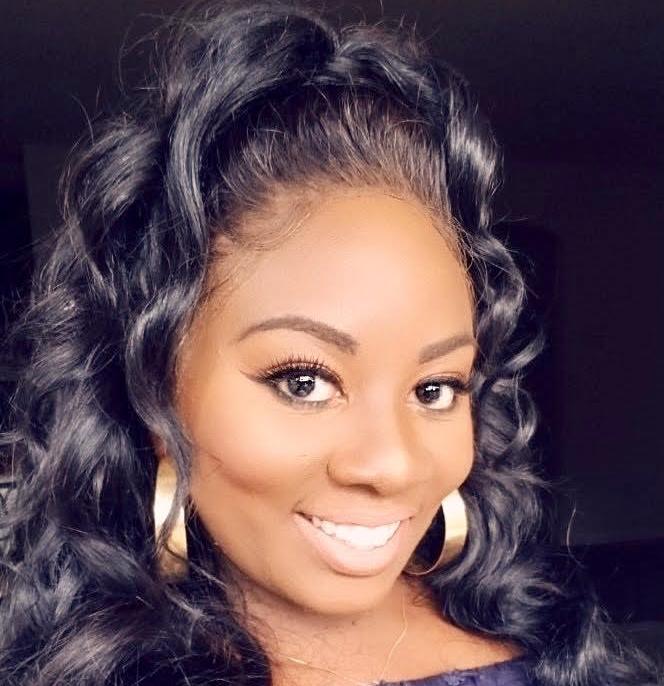Profile: Chelsei Slocum
Chelsei Slocum, LCSW-BACS, is an on-campus Doctor of Social Work (DSW) student at our downtown campus in New Orleans. Slocum holds a Master of Social Work (MSW) from Southern University of New Orleans.
Beyond being a doctoral candidate, Slocum is a Peer Mentor through Tulane School of Social Work's Peer Mentoring Program, which aims to decrease feelings of isolation, increase guidance on adjusting to doctoral studies, and provide mentoring experience and training to recent or soon-to-be DSW graduates. We've asked her a few questions about the DSW program and her experience as a Peer Mentor.
Why did you decide to get your DSW? Why Tulane?
Several months after I received my MSW from SUNO in May 2014, SUNO announced that they were approved to develop a DSW program within the next year or so. I was so excited and looking forward to applying because I really enjoyed my experience as an MSW student at SUNO, and I’ve always aspired to pursue a career in academia. However, most positions require a terminal degree in the field.
I believe the most valuable aspect of the DSW program is that it has sparked my interest in research, something I previously found intimidating and dull.
Chelsei Slocum, LCSW-BACS
Plus, I must admit, 'Dr. Chelsei Slocum' has a nice ring to it... if I do say so myself! Unfortunately, I never heard anything else about it, so I decided to start looking at other schools. I did my homework on Tulane, and it was perfect for me because they had an on-campus program, which I prefer, and it was 45-mile drive from my home… definitely one of my better decisions!
Did you receive mentorship in the early days of your DSW program? How was that?
Honestly, I remember a mentor reaching out to me to introduce myself and never heard anything else about it. Not sure what happened but I really wish I have been able to participate in the opportunity.
Why did you decide to become a mentor?
Mentoring is my thing! I love sharing my knowledge and experiences to help others because I want everyone to win. Additionally, this mentoring position provides an opportunity to enhance and diversify my CV, which aligns with my career goal of securing employment in academia.
Share a little bit about your APP and the work you do, both academically and professionally. In what ways has the DSW program helped you grow?
In 2018, I secured a contract position with LAFASA as a therapist, providing free therapy to survivors of sexual assault. The following year, I established my own private practice and formed a partnership with the local Child Advocacy Center, becoming a referral provider. Soon after, I began receiving a significant influx of referrals.
While I was grateful for the volume of cases, I was deeply shocked by the prevalence of child sexual abuse in my community. This experience sparked my growing interest in sexual abuse prevention. Naturally, my APP focuses on sexual abuse prevention, but in light of the recent increase in educator sexual misconduct cases reported in the media, I chose to focus my APP on evaluating the existence and effectiveness of prevention programs and policies addressing educator sexual misconduct.
I believe the most valuable aspect of the DSW program is that it has sparked my interest in research, something I previously found intimidating and dull.
What’s your best tip for incoming DSW students?
Do NOT wait to start working on your APP! My cohort and I were repeatedly told we had plenty of time when we asked about working on our APP projects in the first few semesters. We quickly learned the hard way that this wasn’t true. It wasn’t until we took Dr. Buttell’s class that we received clear guidance and meaningful feedback on the APP process. By that time, though, we were behind, which ultimately delayed our graduation. While it was initially disappointing, we’re now using the extra semester to refine our APP projects and engage in more opportunities and experiences at Tulane. But all is well, and I suppose it's one of those situations where everything happens for a reason!

